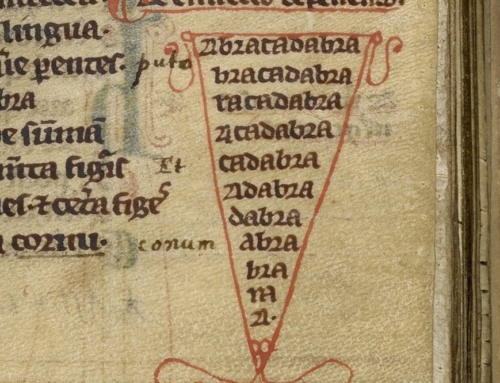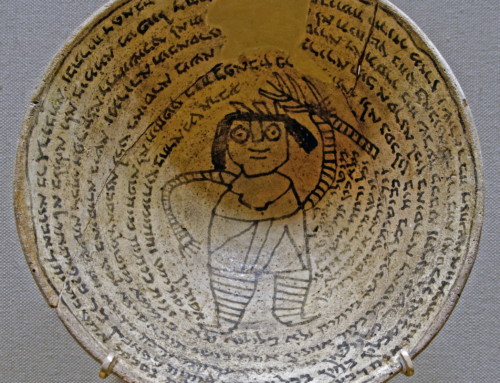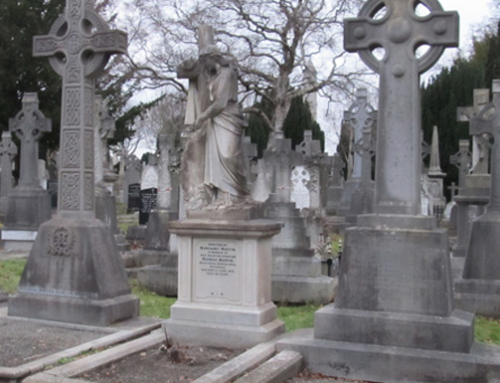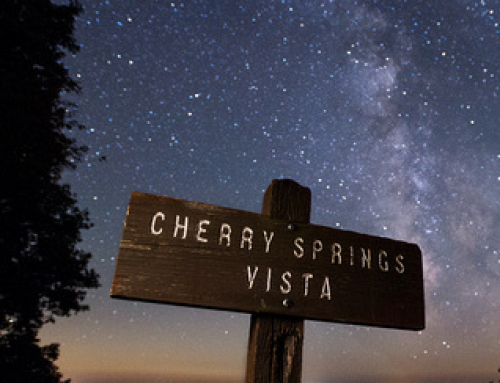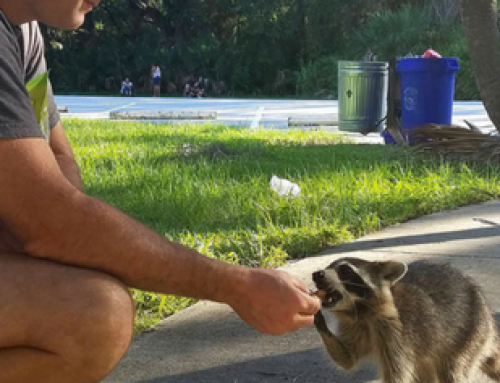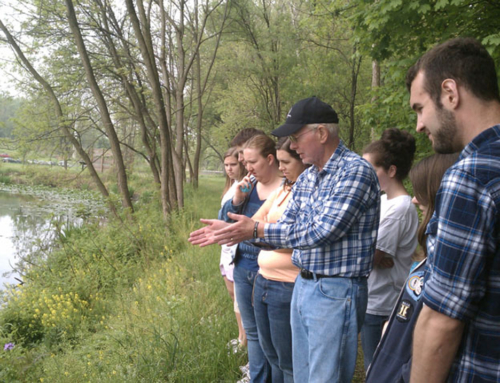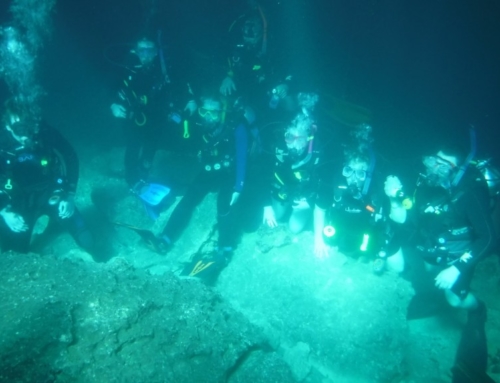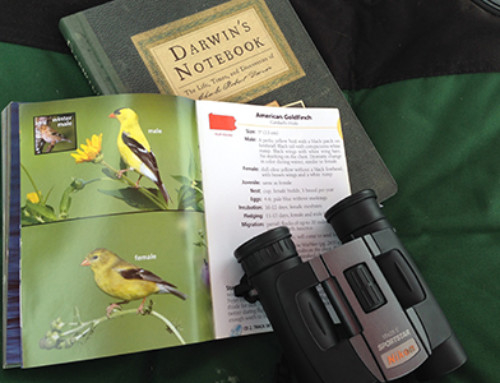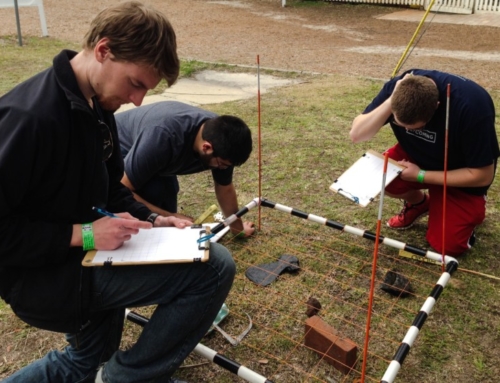If you’ve ever wanted to know who you are and where you came from, you’re not alone. More than 100 million Americans are looking for their roots, a remarkable explosion in genealogical research inspired, in part, by author Alex Haley who discovered his own “Roots” in the mid-1970s, and recently by Henry Louis Gates Jr., a Harvard professor, PBS TV host, and researcher with the quest to “get into the DNA of American culture.”
In fact, family research and genealogy is one of America’s favorite leisure-time activities.
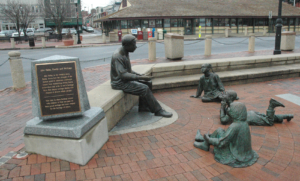
The Kunta Kinte-Alex Haley Memorial, located at the City Dock in historic Annapolis, is the only memorial in the country that commemorates the actual name and place of arrival of an enslaved African. The sculpture group features author Alex Haley seated before a group of three children of different ethnic backgrounds. Holding a book open on his lap, he recounts his family’s history and that of the Annapolis port as the symbolic beginning of the history and journey of African Americans.
Many parents keep track of the accomplishments of their children – recording first steps and saving locks of hair in a traditional baby’s first album. These precious mementos are stored away and, as a child matures, a parent will accumulate photo albums and scrapbooks, filled with school-related memorabilia.
But how do children understand their relationship with other family members – many of whom they’ve never met? And how do children understand their context within America’s history?
Everyone born before 2001 have lived through the most tragic – and most visible – event in America’s history: The terrorists’ attack on the World Trade Center.
This becomes part of their history. Every person born before 1998 lived through the impeachment proceedings against former U.S. President Bill Clinton (although the U.S. Senate acquitted him of charges of perjury and obstruction of justice in 1998).
Your 6-year-old might not realize the importance of the cloning of the first mammal, Dolly the sheep, but the medical advances scientists have made since that 1997 venture could prolong the child’s life by 50 years or more. It’s important for your child – and for you – to identify, interpret and preserve your family’s visual history.
One of the best tools for accomplishing this is to use a guidebook such as “My History Is America’s History.” An initiative of the National Endowment for the Humanities, “My History Is America’s History” is designed to encourage and help you explore your family history, discover your family’s place in American history and make your own contribution to history. Using the NEH’s guidebook is an opportunity for every American to be an historian — to remember, to record and to see things in the “big picture.”
These books are no longer available free from the NEH, however, you can download a PDF from Hands On Heritage.
You may even consider taking a “My History Is America’s History” workshop — a gathering place for sharing family stories, for meeting folks in the community who are prepared to share or help with your voyage of historical discovery, and for getting the scoop on Web sites, books, films, and places to visit where our nation’s past is seen through the triumphs and trials of ordinary families.
Here are some of the meanings of “My History Is America’s History”:
- We all share ownership and have a stake in America’s past, present and future.
- Every American family’s story is a part of the making of our nation.
- Ordinary men and women play an important role in history.
- Oral histories, family stories, letters and diaries are valuable resources.
- Family history and genealogy are meaningful when put in a larger context.
- History needs to include the example and testimony of those who lived it to be appreciated.
Some people wish to take their history a step further and create a memoir to share with family members or as a legacy for future generations. Such projects could be the results of long-term research. A short-term project would focus on a central idea you want to write about such as: your experiences in World War II, Korea, Vietnam or the Gulf War; a special trip; your high school life; raising your family; character sketches; the birth of each child; falling in love and other important events in your life.
Whatever you choose to recall and record, remember that your history is America’s history.
My History Is America's by Robin Van Auken is licensed under a Creative Commons Attribution-ShareAlike 3.0 Unported License. Based on a work at www.robinvanauken.com.



